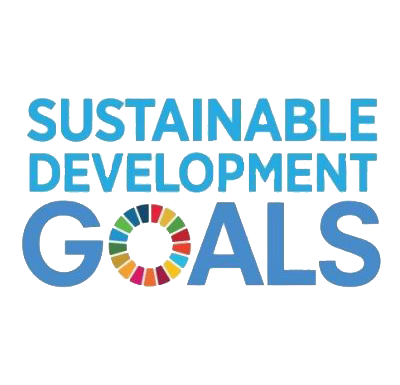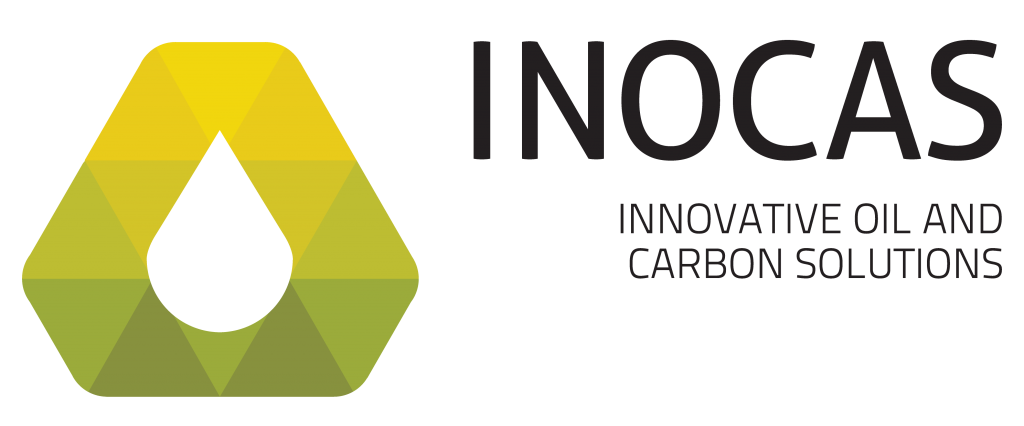IMPACT
POSITIVE SOCIO-ENVIRONMENTAL IMPACT
The Macaúba Project seeks to promote the development of the macaúba production chain as a source of sustainable vegetable oil and thereby increase food production (human and animal), as well as generate inputs for the manufacture of cosmetics, chemicals and biofuels, replacing transgenics and other exclusive and degrading crops.
Hectares
of macaúba planted in agroforestry systems (AFS) or crop-livestock-forest integration (CLFI) in degraded pasture areas.
Partner farmer
with macauba palm planting under agricultural partnership or promoted farmer, mostly involving family farmers.
Landlord
rural producers who have macaúba in the form of leasing, mostly consisting of family farmers.
People in resocialization
people from the prison system who were supported in their resocialization journey through employment in macaúba seed production.
Ecological corridors
under development. The corridors are connections between previously isolated areas of APP (Permanent Preservation Area) or RL (Legal Reserve), now connected through macaúba plantations.
Tons of CO2e
that were kidnapped. Based on the Imaflora study of 2020.
SUSTAINABLE DEVELOPMENT GOALS (SDG)

Project: income increase for 100 smallholder farmers and their families and income increase for 300 extractivists per year.
Potential: increase the income of all smallholder farmers in the Brazilian Cerrado that have degraded pastures and increase the income of all macaúba extractivists every year.

Project: to ensure sustainable production systems through the planting and native harvest of macaúba in the Alto Paranaíba and Northwest of MG.
Potential: to ensure sustainable production systems through the planting and native harvest of macaúba throughout Brazil.





Project: use of macaúba oil for biofuel manufacture and increase of clean energy source in Brazil.
Potential: To become the main source of biofuels in Brazil.

Project: Support to 400 families in obtaining the necessary documentation to access public policies for rural development.
Potential: to establish a modern industrial and market chain of macaúba in Brazil.

Project: Construction of a 6,000 kg / h model macaúba coconut processing plant.
Potential: to promote the construction of different industrial centers of macaúba in the Brazilian cerrado.

Project: income increase for 100 smallholder farmers and their families and for 300 extractivists per year.
Potential: increase the income of all smallholder farmers in the Brazilian Cerrado that have degraded pastures and of all macaúba extractivists every year.



Project: sequestration of 600,000 tons of CO².
Potential: sequestration of 5 billion tons of CO².


Project: Reforestation and recovery of 2,000 hectares of Cerrado pastures.
Potential: Reforestation and recovery of 16,000,000 hectares of Cerrado pastures.


Project and potential: Develop new technologies and patents on the industrial process of macaúba.

